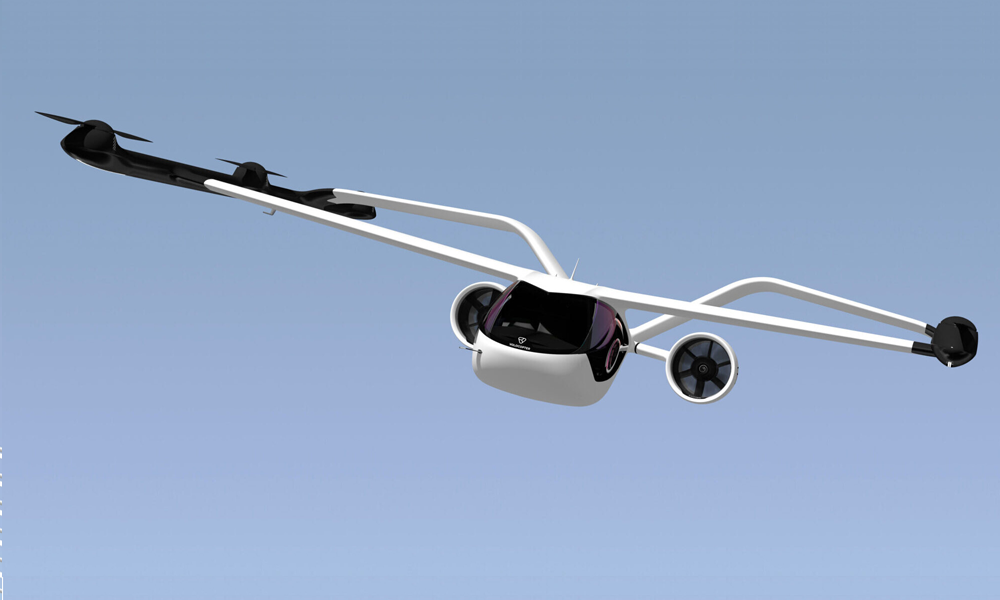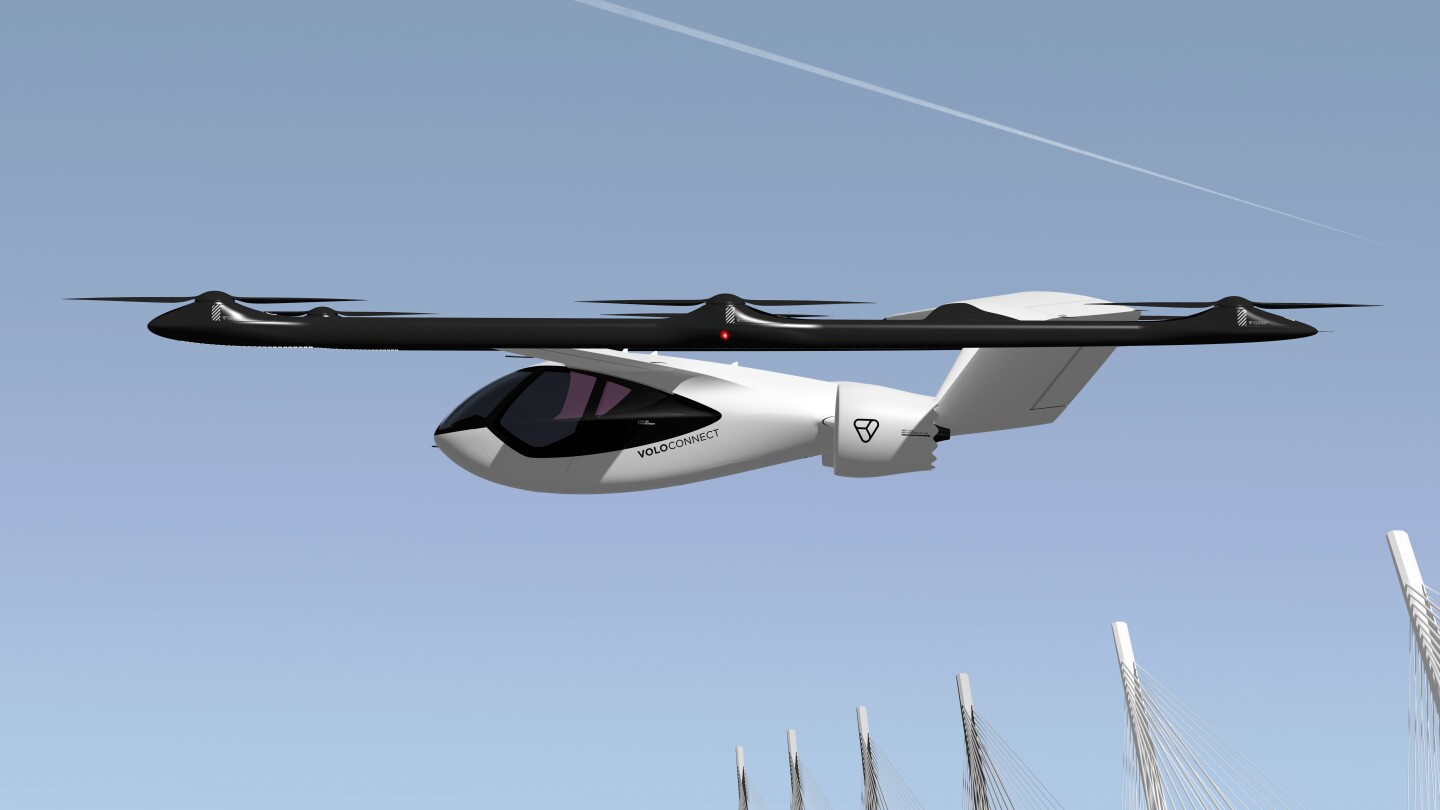
This flying taxi wants to quickly fly over the suburbs at 250 km/h

A down to earth taxi. When it comes to flying taxis, generations marked by Blade Runner or The Fifth Element immediately think of futuristic chases between kilometer-high skyscrapers. We rarely imagine that prototypes are already being tested to revolutionize short daily journeys. This is the case of the German company Volocopter with two models: the VoloCity , intended to relieve peri-urban traffic on business trips, and scheduled for take-off in 2023 in Singapore. And, more recently, the VoloConnect, whose objective this time is to connect the suburbs to city centers, with unprecedented top speed.


Aero, work, sleep . For decades, the suburbs have been wrongly described as a dormitory city from which we leave every morning in a private car with endless traffic jams. It is against this state of affairs that the VoloConnect literally wishes to rise up by offering 4 passengers to join their work (for example) over a distance of 100 kilometers, and this at a cruising speed of 180 km / h (not need to calculate: it's almost 4 times faster than in a car). All with vertical take-offs made possible by an electric motor. Less noise, less pollution, more time to enjoy both your personal life, but also the panorama once in the air. Who says better ?

Horizon 2026. For the time being, VoloConnect is still only an industrial dream, still far from being commercialized. But since the flying taxi goes fast, it might arrive faster than expected. The company is targeting 2026 for certification, in a booming sector. “ Voloconnect embodies the next dimension of our mission to provide affordable, efficient and sustainable air mobility solutions for cities around the world”, said CEO Florian Reuter. We want to believe it: each flying taxi of the brand would be parked in “Voloports” (the equivalent of a bicycle parking lot for flying taxis, in short). And the simple fact of imagining that we can soon move from the suburbs to the city center without touching the ground has something to bring back to the finest hours of science fiction, right?
While Uber seems to have definitively buried its flying taxi projects (the division was sold to Joby Aviation last December), here is in any case something to revive the hope of an imminent take-off for a sector that could weigh 35 billion euros. dollars by 2035.
